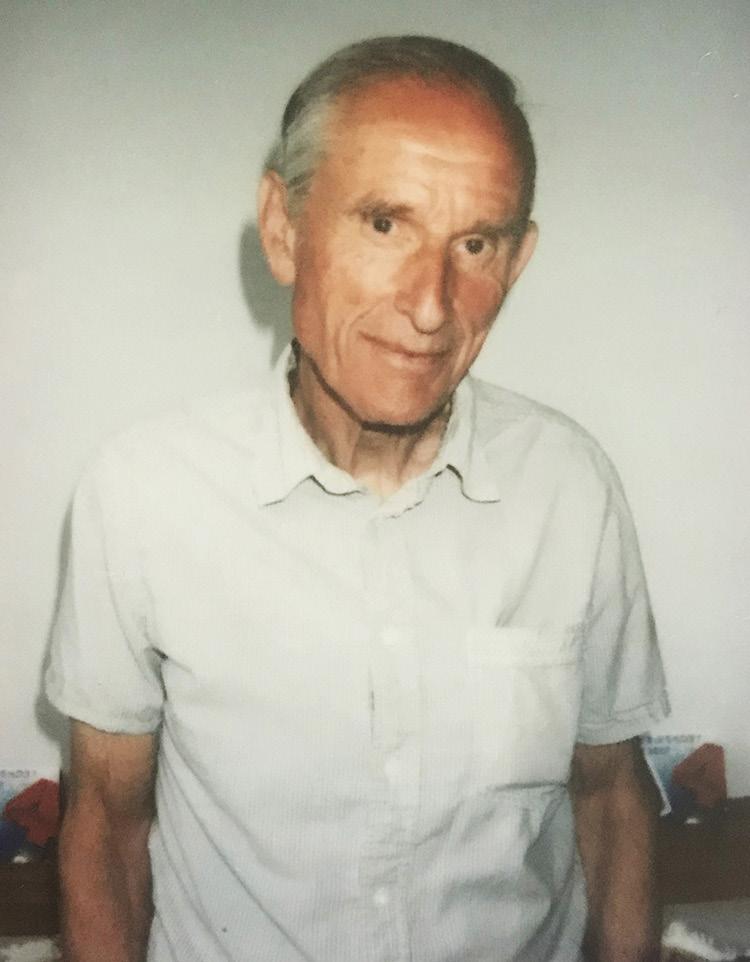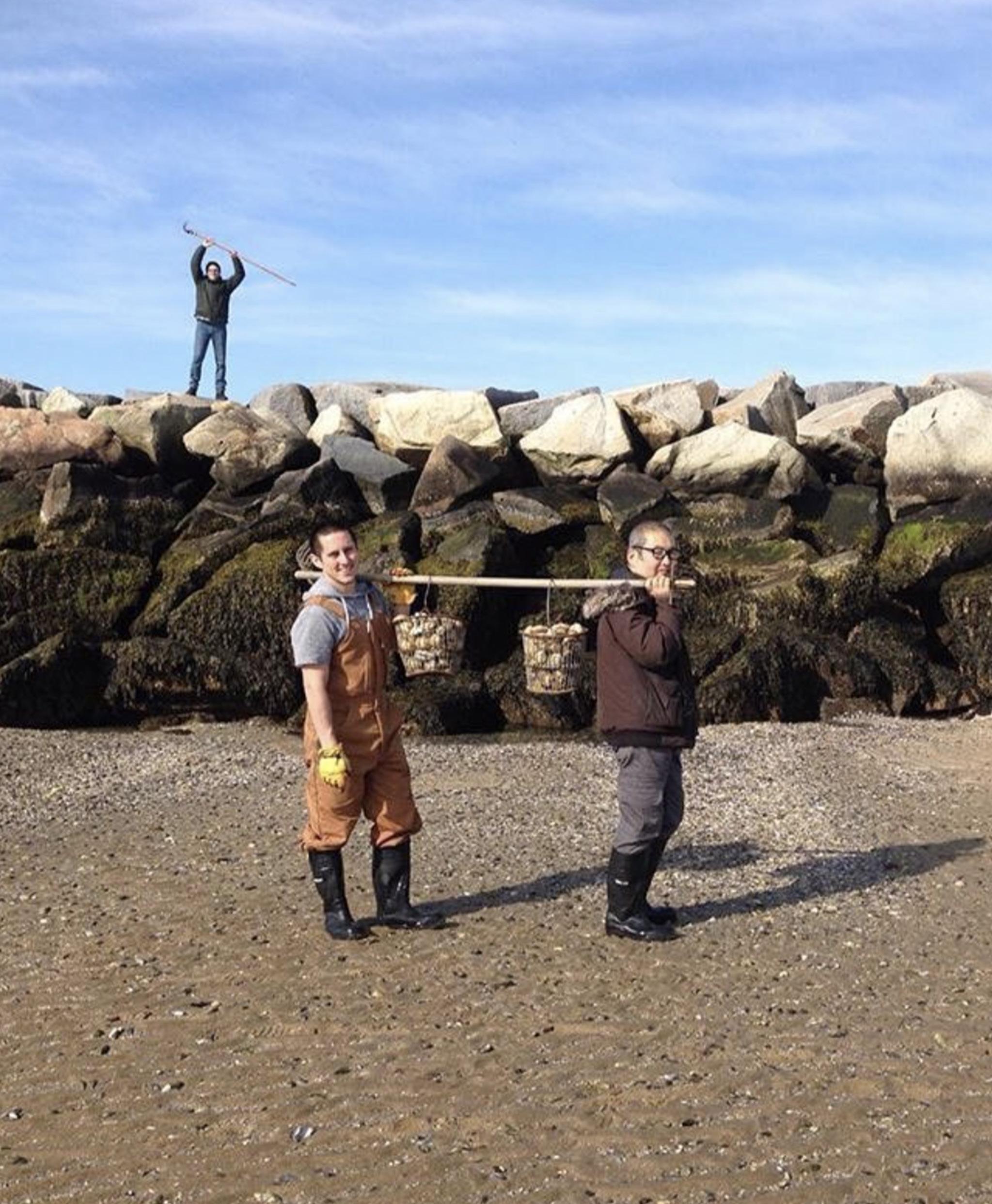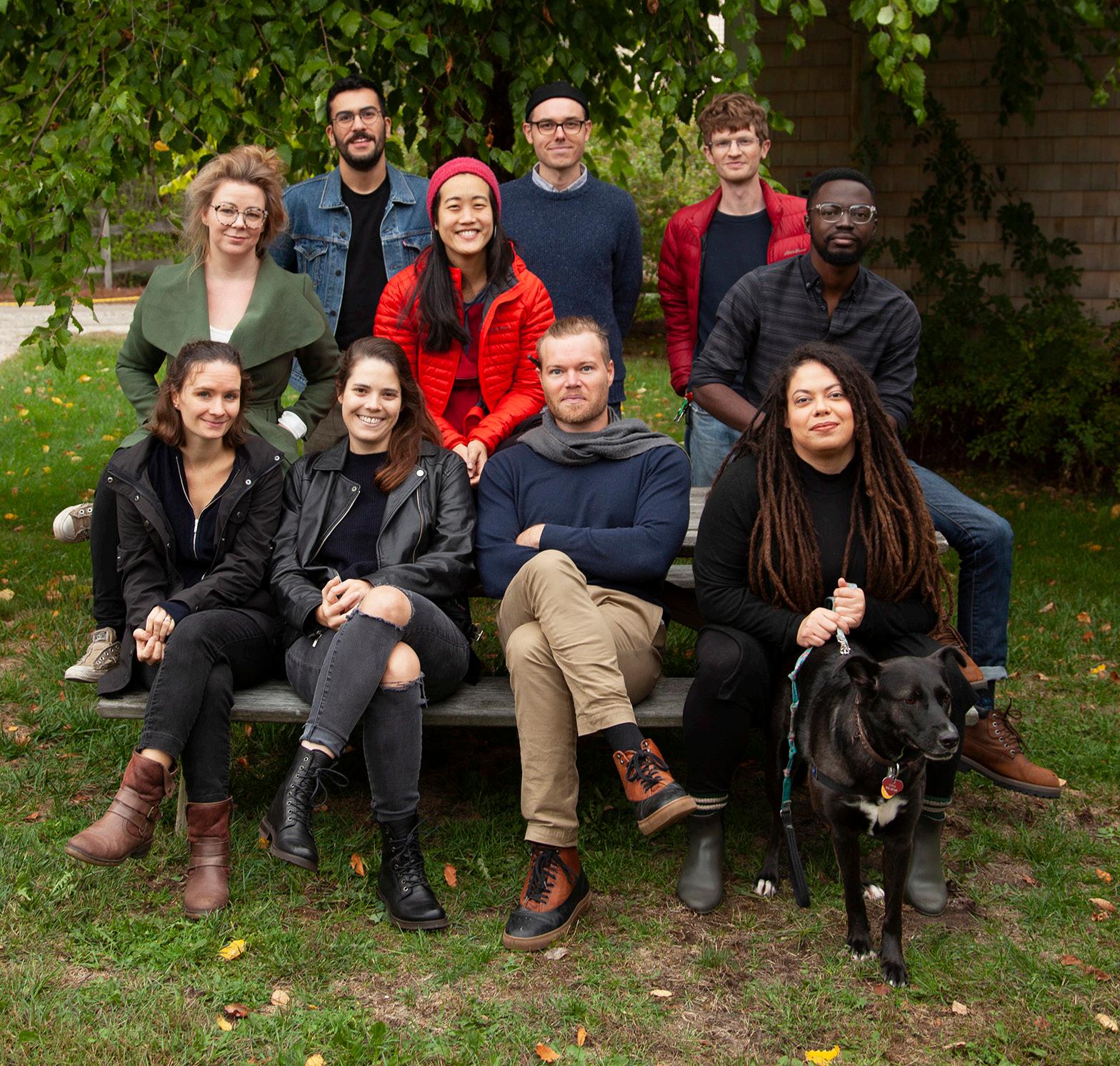
3 minute read
we remember ROGER SKILLINGS
photo by PHIL SMITH The Fine Arts Work Center is not just a community of artists and writers, it’s a community of giving, a community of gifts. It not only gives without asking for anything in exchange, it relies on others to give to it so that it might continue its mission. Some of the gifting comes in the form of money, or other material support, some in the form of talent. No one gave more to the Work Center than Roger Skillings, who died two nights ago at the age of 82, after a long struggle. He gave, and he gave. It’s practically not even an exaggeration to say he took the food out of his daughter’s mouth to give to the Work Center. No one ever conveyed with greater force, by way of example, the core value of the Fellowship: that what the Work Center offered was never, in the end, a fellowship, but rather, fellowship. A way of imagining a life devoted to making art. Roger always said that the point was to live a sweet life; writing for him was the nectar at the flower’s heart. Roger was one of the first Fellows, in 1969. He came to Provincetown and he never left. It’s fair to say he knew just about every inch of this place, every street, every dune, every drunk. Upon arrival in October, a Fellow’s first outing to the dunes was often a walk led by Roger. He found in Provincetown a model of the world; everything was here to write about, every element in the social strata, every display of the human comedy. Staying put, paying attention, finding the story, and getting it down in signature sentences – taut, crisp, wickedly sharp sentences: that was the great long experiment of his life as a writer. His best stories are unparalleled in American fiction; even the ones that aren’t quite as good as the best always have moments that are so good, so alive with some vivid descriptive detail or scrap of living speech, they would put other writers better known from shore to shore to shame.
Over the decades of his life here, his tireless work on the fiction jury, on the Board, and as chair of the Writing Committee, Roger never stood where I’m standing now, up here, at the podium, to read any of his work to an audience; he was shy to do it, but also, I think, he didn’t really believe in it, even as he rarely missed a reading here of any kind. No; writers wrote, and then readers read them; the transmission was something that happened mysteriously in a quiet room between a reader and a work. That was the whole deal. He was a purist without being at all precious about it. I got to know Roger during my fellowship year, 1993-94; and we worked closely together when I was the coordinator and he was chair, 1996-99, and for many years after that. I wouldn’t be the chair of the Writing Committee myself now if it weren’t for Roger; in this capacity, I’m pretty much just a weak imitation of him. And Roger, as a human being, was sui generis; he really was an American original. As Salvatore Scibona wrote in his obituary, “He cared as much about literature as about the younger people who were trying to make it and leaves behind generations of writers inspired by his example and his friendship.” One of the great sadnesses expressed and shared by the writers on the committee is that the Fellows over the past several years, and including this one, never got a chance to know him. At some point there will be a memorial, and stories will be shared about this wonderful writer of stories, his grumpy opinions, his wit, and his unwavering devotions. For now and before we begin with tonight’s reading, I ask for a moment of silence for Roger Skillings.
Advertisement
JOSHUA WEINER, Chair of the Writing Committee Fine Arts Work Center in Provincetown, Stanley Kunitz Common Room – January 17, 2020

FINE ARTS WORK CENTER CREATIVITY THRIVES HERE
FAWC.ORG

FINE ARTS WORK CENTER






